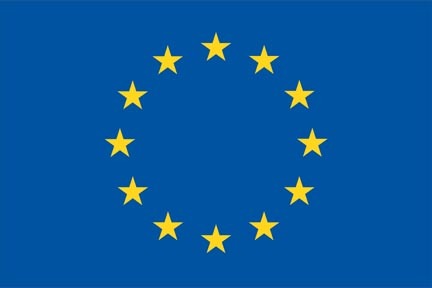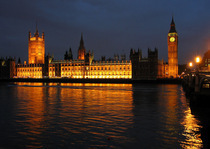When public safety is threatened, strikes should be banned
The Fire Brigade’s Union (FBU) have called for strike action in London during the busiest firefighting night of the year: Bonfire Night. Attempts to renegotiate work patterns (already changed in several fire brigades but unchanged in London for thirty years) have been hysterically termed ‘sacking’ all London firefighters by the union. Rather like the threatened British Airways strike during Christmas 2009, this is a clear attempt by a trade union to use its monopoly power to force an employer into accepting its terms by inflicting maximum possible damage on the general public. This is clearly worse than a normal strike, however. If, say, all Asda employees went on strike,










